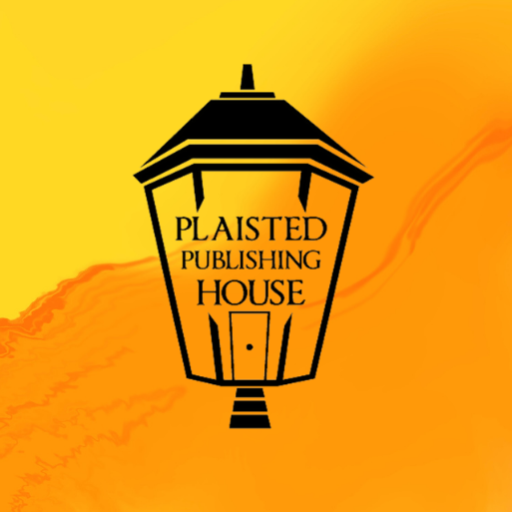Writer’s Block Is a Gift. Here’s Why.

Today’s guest post is by writing and creativity coach Julia Roberts (@juliadecodes).
Despite its infamy for robbing people of their careers, writer’s block can give you a powerful gift—insight into your own relationship to the creative process.
Writer’s block is nothing more than a drain of energy when you come to a certain part of the process, and we all have natural ebbs and flows of energy as we move a project through its paces. So, think back. What part of your project were you on when you felt stymied?
Here are four possibilities, each tagged with a creative thinking style that we’ll discuss. Does one of these forms of writer’s block describe you?
- Maybe you love the research and inquiry phase, but get stuck when it’s time to write. (Clarifier)
- Maybe you have so many ideas, it’s hard to determine which idea is best for you. (Ideator)
- Maybe you can’t let it go; it needs a little more polishing. (Developer)
- Maybe you dash it off but later find sloppiness and errors in it, after getting it out into the world. (Implementer)
Yes, there is an easier way
When we think back to an episode of writer’s block—and mostly we don’t—we remember vats of ice cream or too much wine. We don’t remember the cause because that is what these coping mechanisms were designed to do—keep us from noticing a failing that is too painful to acknowledge. But take a look at the four possibilities above once more. Does one description fit you better than the others?
- Clarifier – You like to get it right.
- Ideator – You like ideas. You live in the possibilities.
- Developer – You like to get it perfect.
- Implementer – You like to get it done.
When you have a strong propensity for one phase of creativity—clarify, ideate, develop, or implement—you often lose energy and even obstruct creative progress in another phase. This creative phase and creative process research are based on the work of Dr. Gerard Puccio, the Department Chair and Director for the International Center for Studies in Creativity at Buffalo State College, part of the SUNY system. To test subjects for their creative thinking preferences, Dr. Puccio designed an assessment called Foursight.

